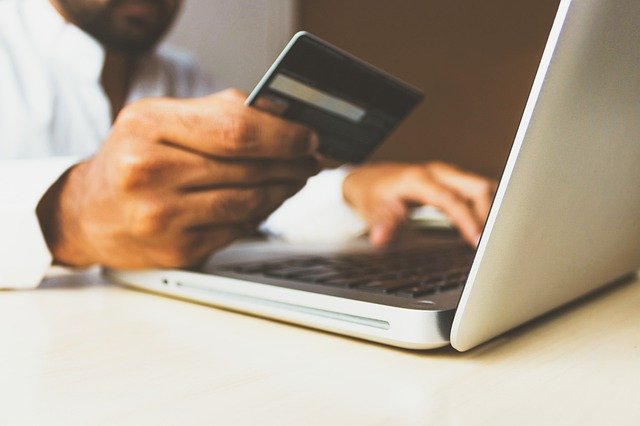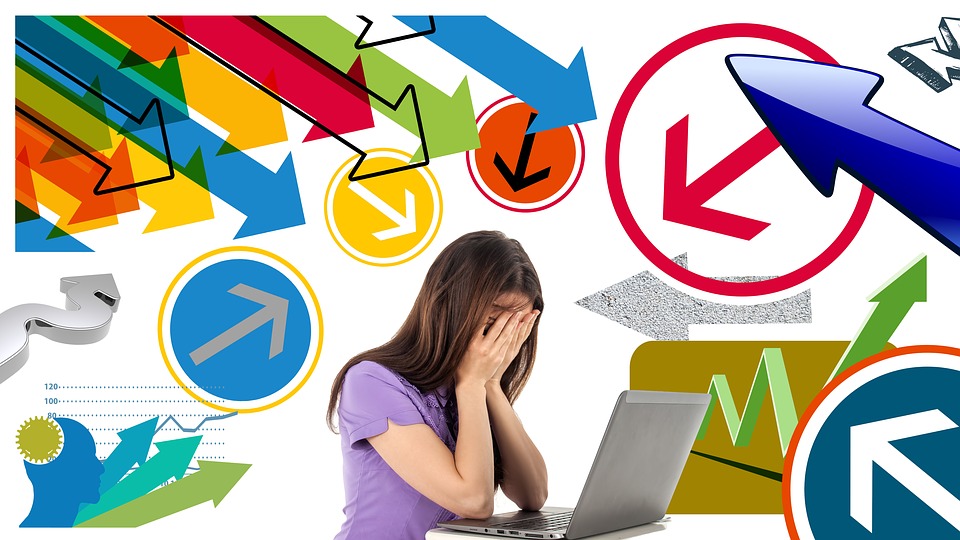 What Too Much Consumer Debt Could Mean to the US Economy
What Too Much Consumer Debt Could Mean to the US Economy
Lately some of the biggest experts on the US economy have noticed a scary trend: US personal debt is skyrocketing. And too much consumer debt could mean disaster.
Projections Show Consumer Debt Too High
Recently, a well-known investor named Michael Burry shared a Bloomberg chart showing US consumer borrowing swelled to more than $40 billion in June. That’s the second-most on record, and far higher than what many other economists predicted. (Many had originally projected $27 billion.)
You may recognize Michael Burry from the book and movie The Big Short. He was one of the few investors who predicted the fall of the housing market in 2007 and the resulting global financial crisis.
In August 2022, Burry tweeted, “Net consumer credit balances are rising at record rates as consumers choose violence rather than cut back on spending in the face of inflation.”
He added, “Remember the savings glut problem? No more. COVID helicopter cash taught people to spend again, and it’s addictive. Winter coming.”
Burry typically deletes his tweets, but his concerns reflect a growing problem with unchecked consumer spending. He and many others feel Americans spending on credit right now could lead to a recession down the road…even as soon as winter.
 What Does This Mean for You?
What Does This Mean for You?
Consumer debt just means individual people—the kinds of people we see every day in our office. And while richer analysts like Burry may blame consumer spending on the Covid stimulus, that’s not what we’re seeing.
Instead, we see people struggling to keep up in the face of rising inflation. The stimulus checks are long gone, and now most of us have to spend more just to meet our basic needs.
And these trends don’t look like they’ll change soon:
- Colder weather will bring higher energy expenses, holiday/travel costs, and seasonal illnesses.
- Insurance companies have announced massive price increases for the coming year.
- Inflation continues to affect our every purchase.
- And on top of that, Covid has impacted the workforce and limits some people from making a living the way they used to.
As a result, you may find yourself ignoring the credit card debt and rising bills until, like so many people, you can’t anymore.
 What to Do If You Have Too Much Personal Debt
What to Do If You Have Too Much Personal Debt
Economists love to tell everyday Americans to just “spend less,” as though the issue for most people is just owning too many Teslas. In reality, sure, most of us absolutely should cut back right now, if possible. But once you’ve done that, do you have any more options?
What if the debt is from medical expenses
How about if you’re behind on your mortgage?
What if your debt is the car you need to get to work?
If you’re struggling with too much personal debt you can’t pay back, you’ve come to the right place. We work with your individual situation to help you get out of debt completely.
We can let you know your best options, including whether you qualify for a Chapter 7 or Chapter 13 bankruptcy (the two most common tools for people with debt they can’t pay back).
The conversation is free, no strings attached, so don’t wait to give us a call and learn more. You can reach us at 901-327-2100 or by filling out the form below.
Rebuilding Your Credit: Our New Free Report
Guiding Memphis residents to financial recovery and strong credit after bankruptcy has been my focus for decades. The freedom it provides is incredible.
I’m excited to share this free guide, our most detailed yet.
Claim your free copy of Rebuilding Your Credit: A Beginner’s Guide to Improving Your Score and Reclaiming Your Finances – Even After Bankruptcy.
